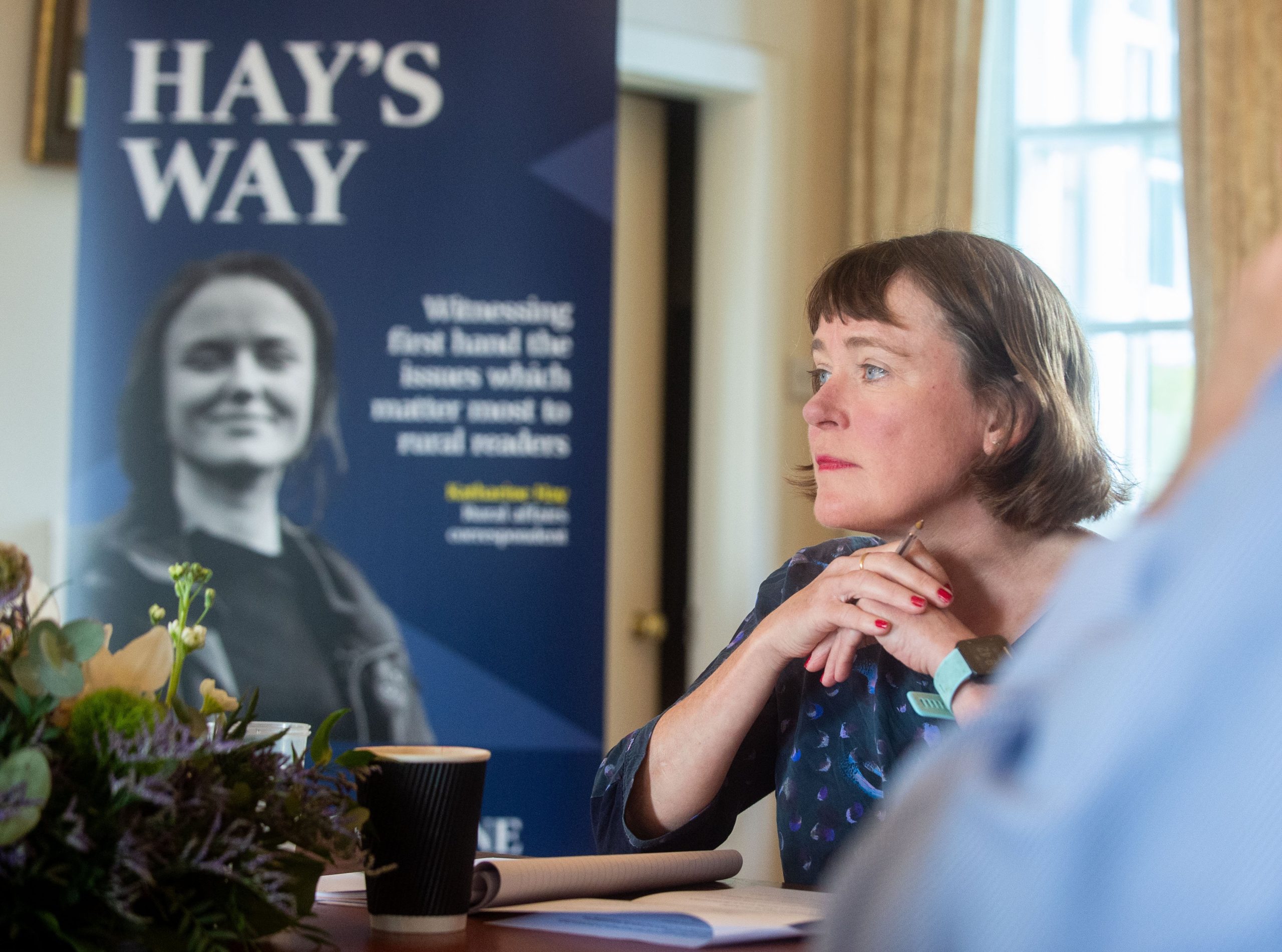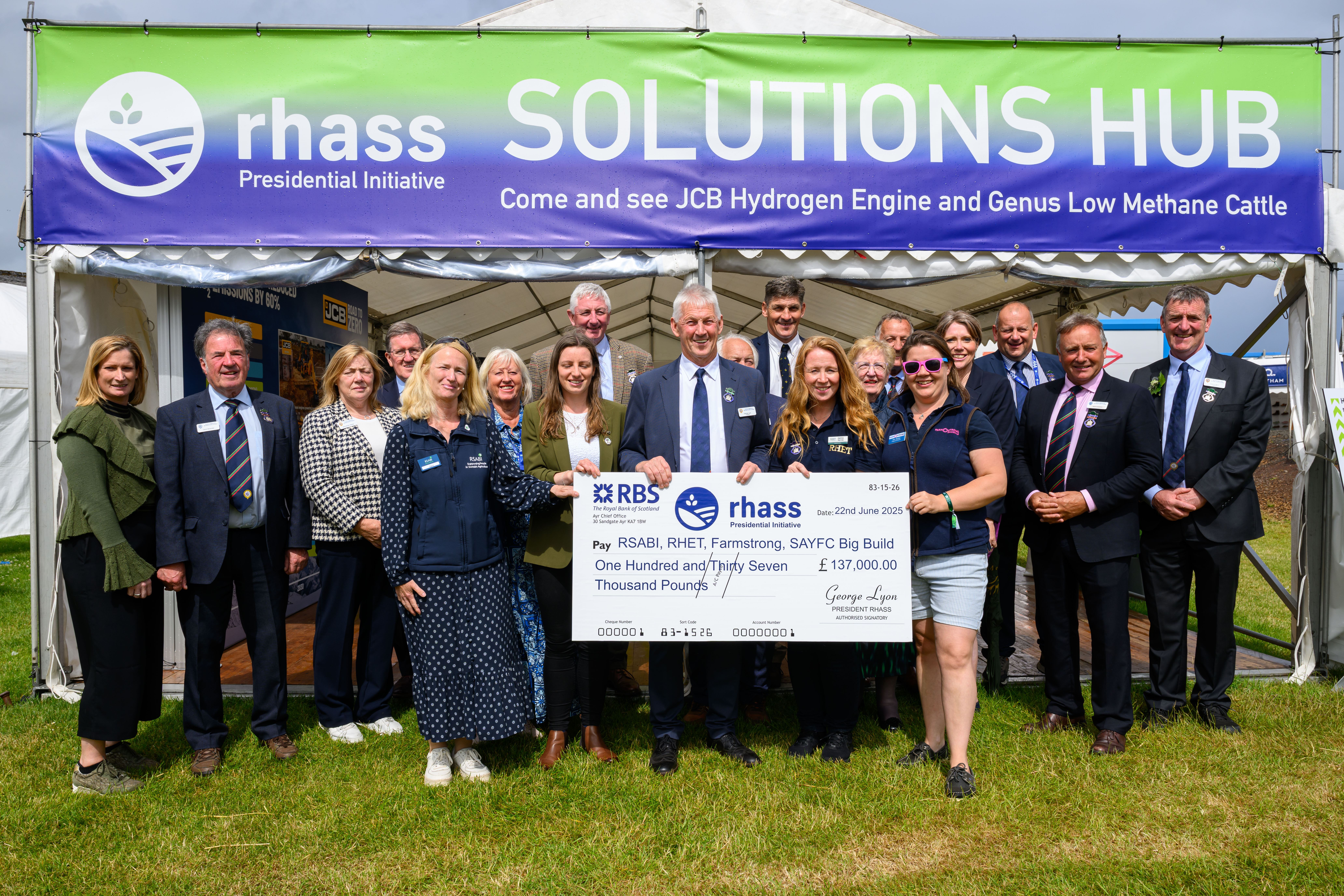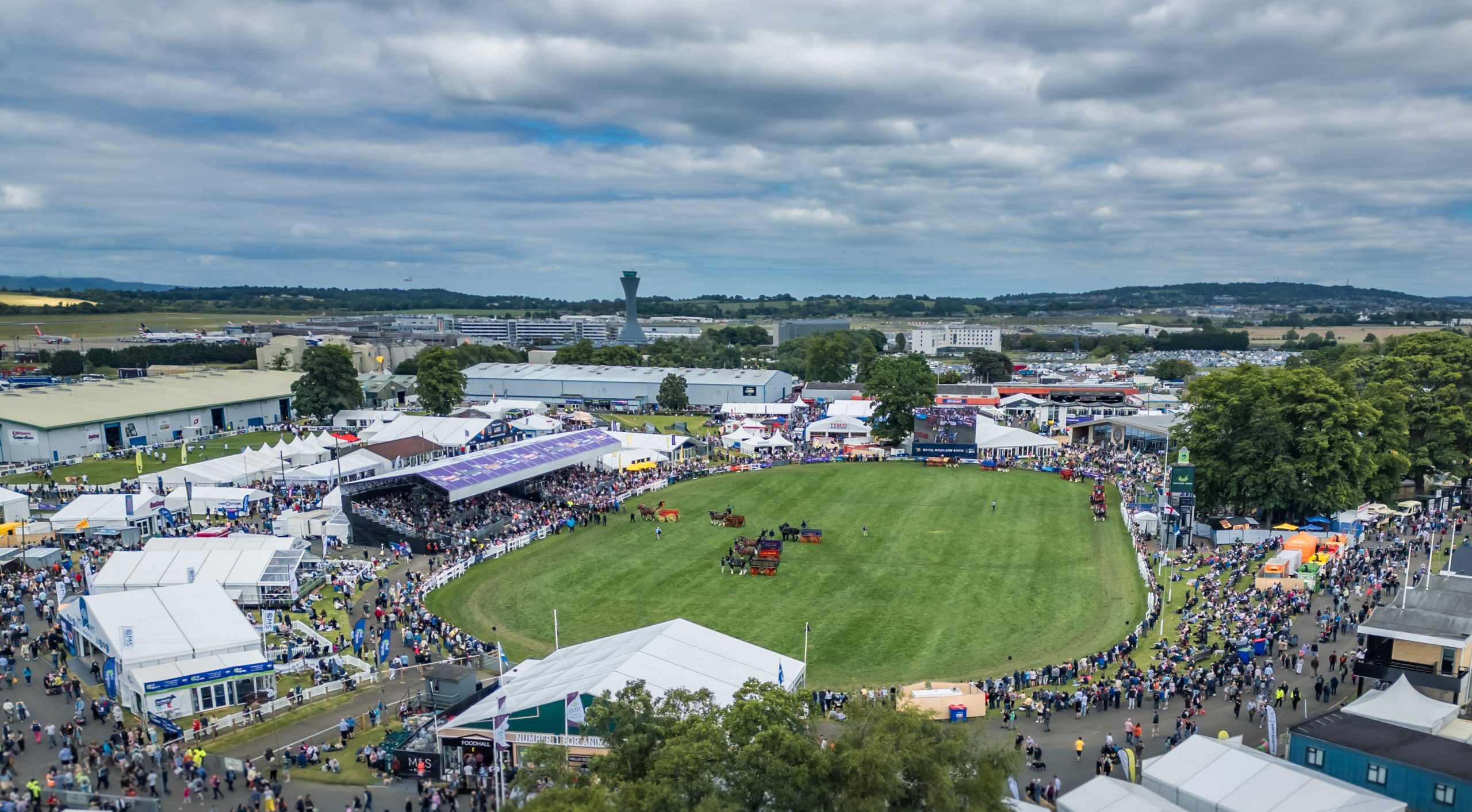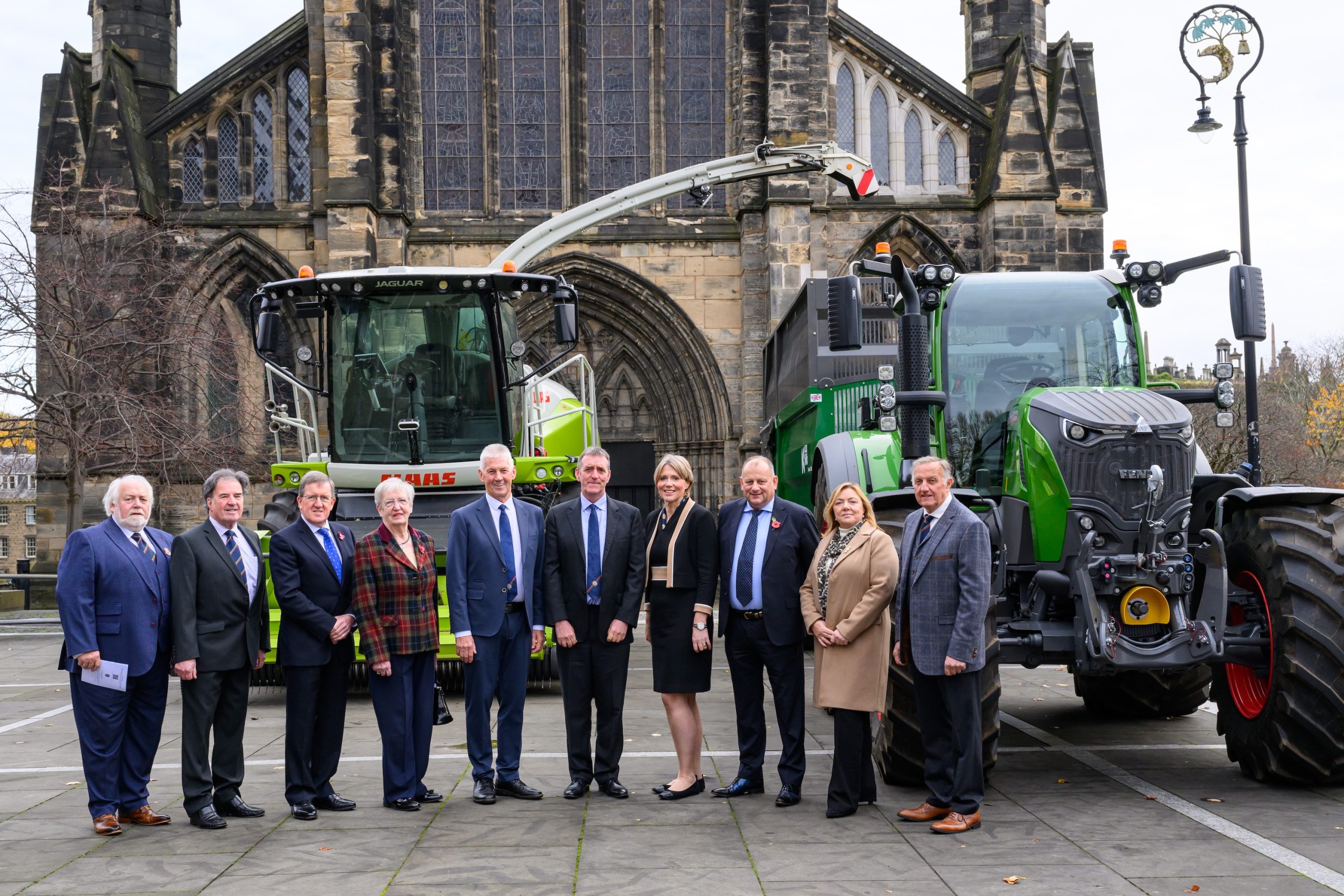Improving Lives with Precision Farming
Hosted by: Rosemary Gallagher, The Scotsman
Panel:
- Bill Gray, RHASS Director, Farm and Estate Manager at Preston Hall Farm
- George Noble, General Manager, SmartRural
- Jim Wilson, Managing Director, Soil Essentials
- David Ross, Principle Consultant, SRUC
Precision farming can mean different things depending on such factors as the people involved and geography, according to industry experts.
Speakers at a roundtable event hosted by The Scotsman, in partnership with RHASS (Royal Highland and Agricultural Society of Scotland) in Ingliston House during the Royal Highland Show (RHS) last month, also highlighted the growing challenge of transparent data management.
Jim Wilson, managing director of Soil Essentials, said: “Interestingly, there have been numerous academic definitions of precision farming,which aren’t really used in commercial agriculture . I think precision farming is what you want it to be and it’s very farm dependent.
“What precision farming is to me is a suite of tools and your job as a farmer or a company is to choose the tools that work best to solve your local problems. A tool that works well in Scotland is not necessarily a tool that works in Holland, for example. It’s about using that suite of tools to attack the big costs and problems you have on your farm.”
Turning to how precision farming was developed, Bill Gray, RHASS Director and manager at Preston Hall Farms in Midlothian, explained that the concept goes back to the 1990s.
“We started out with some pretty straightforward yield mapping and determining information,” he said. “The harnessing of satellite use was a kickstarter for it, and the ability to plot the information using GPS to build a picture of some of the variances.
“From a farming point of view, in the early days, the biggest eye opener was the amount of variability and not just in yield, but also driven by soil. That’s what made us sit up and take notice and say we need to develop this further.”
At that point, according to Mr Gray, precision farming allowed fields to be broken down into areas that needed to be managed differently, rather than taking a blanket approach as had been the case previously. This delivered benefits in the areas of soil management and health, he added.
Looking at how precision farming has changed through the years, David Ross, principle consultant, SRUC, Scotland’s rural college, said there have been step changes every five years. However, he highlighted an ongoing problem with data.
“There is so much data and it’s needed in so many different ways. One of the things we found with the Opportunity North East (ONE) project is around compatibility and being able to use data in different systems. That’s a challenge that we need to break fairly quickly,” he added.
Mr Gray agreed with the point on data and said change will come. He explained: “I liken it to medical advancement. When we got penicillin everyone thought it was the best thing and talked about where to go from there. But medicine keeps advancing and it’s the same with precision farming. Some very clever people in the industry will seize the opportunities,” he said.
George Noble, General Manager at the SmartRural said: “One of the really thorny challenges when it comes to agri tech is being able to make sense of increasing amounts of data. Even in a relatively small project, you can have many different data streams originating from devices or pieces of the kit that come from different vendors. Often times these sit separately in their own walled gardens and don’t necessarily talk to each other, and have data policies, some of which aren’t that farmer-friendly.
“it comes back to data control and management. I’m of the view that if you originate the data, if you’re the farmer and you’ve got a bit of kit that you bought, then you should be the person that determines the use of your data.
“Very often you’ll find when you buy a piece of kit, there will be something in the small print about data sharing that might not be in your best interests. There is a need to be transparent and upfront with the farmer about what their data will be used for.”
Asked if there is an issue with lack of trust among farmers when it comes to things like the use of data and artificial intelligence (AI), Mr Wilson said: “Yes, even before we bring AI into the conversation, there’s a lack of understanding about what data is, what it can and can’t do for you, how much it’s worth and the risk to your business if anyone other than you has access to it.
“There’s also, rightly, a need to understand that there are different types of data. For example, satellite imagery is available globally across the world for next to nothing. However, as soon as you start bringing in business sensitive data, like crop types yields, and applications of seed, fertilizer and sprays, that’s the data I’m worried about. It should be put in a walled garden under the control of the farmer which it isn’t in a lot of cases at the moment. The industry trend to put all our farm data into a single database in the cloud is particularly concerning.”
In response to a question on the benefits of precision agriculture to farmers, consumers, the economy and the environment, Mr Gray responded that accuracy and understanding your farm, soil and yields are key.
“And if we can show we are sustainable and efficient right across the board, that has to be a benefit from the point of view of selling to the consumer, “he said.
For Mr Wilson it’s about “making people’s lives easier”, such as autosteer and using autonomous vehicles that tackle labour shortages and exhaustion among farmers.
Mr Noble: “It’s an interesting time for agriculture. There are several headwinds coming – we’re expected to reduce our carbon footprint and be able to adapt and be resilient in the face of climate change. There’s growing pressure from consumers and the supply chain to reduce emissions as well as protecting biodiversity. The correct use of precision agriculture technology can hopefully support farmers to make the right decisions.”
And Mr Ross highlighted the opportunities to use such technology as blockchain to track produce and ensure food security.

 Login
Login Login
Login



